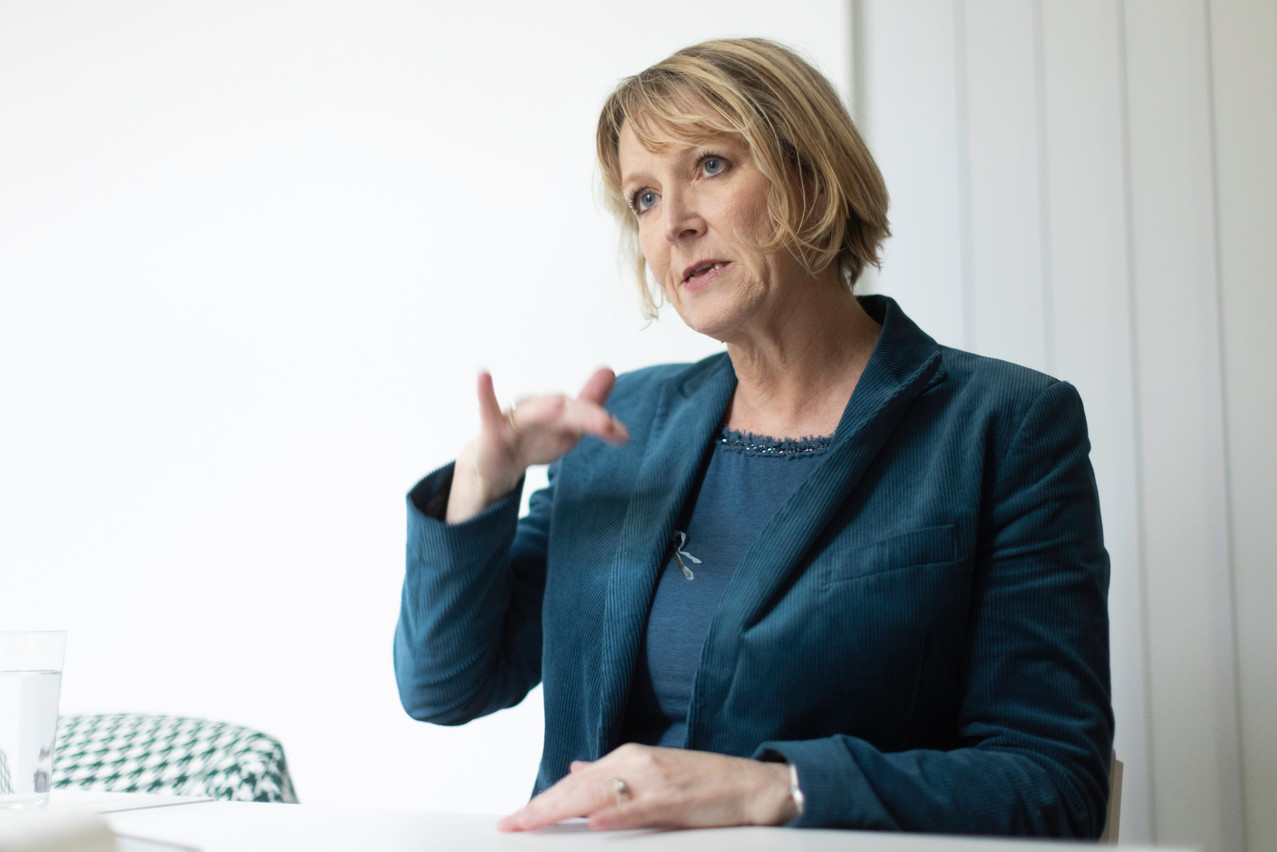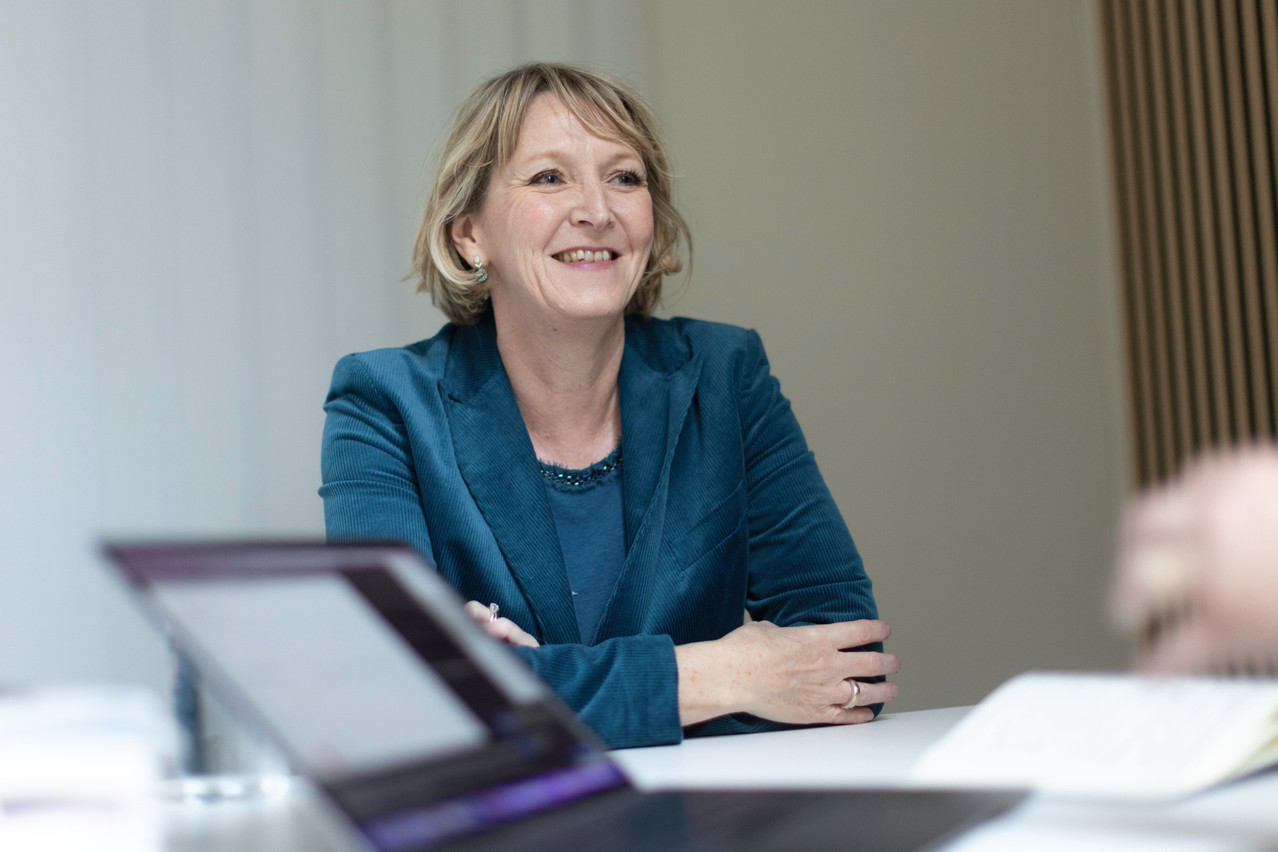The role of independence in company boards has increased over the last years, says , founder and managing partner of the independent advisory firm Ripple Effect, which specialises in corporate governance and sustainability opportunities. Having first arrived in Anglo-Saxon countries as a pillar for corporate governance, independent non-executive directors are today globally spread, explains the “ILA Non-Executive Directors in Luxembourg - NEDs, iNEDs and the concept of independence” published by the Luxembourg Institute of Directors (ILA) in August 2022.
The organisations shouldn’t just get an independent director because it sounds good
But not every company in Luxembourg has its own independent non-executive director. Mostly medium and large enterprises and mainly in the financial sector have iNEDs on their board, explains Jane Wilkinson.
“Family-owned business don't need an independent director,” she says. “Every company should ask itself: How do we structure our board, and do we need someone external? The organisations shouldn’t just get an independent director because it sounds good.”
A viewpoint that Jane Wilkinson also wants to address on the panel discussion “Non-Executive Directors in Luxembourg, a focus on NEDs, iNEDs, and the concept of Independence" on on Thursday 17 November.
The responsibility of an iNED
According to the ILA report, non-executive directors are more than ever considered by the public and stakeholders as guardians of their interest. And have a key role in improving governance standards, especially regarding independence and conflicts of interest.
“I think that what shareholders are often looking for, is that there is somebody who is completely unbiased. And it’s frequently a requirement for investors that there is on the company board someone with experience in the market,” adds Wilkinson.
But how does an iNED differ from other members of the board? “The roles and responsibilities are not different. It's a question of having different perspectives and different viewpoints around the table, the decisions made together will be stronger,” says Jane Wilkinson. However, the first criteria for being an iNED would be the independence.
After a certain number of years, some organisations may consider an iNED as no longer independent.
To Delano’s question on how a company can assure the independence of an iNED, Wilkinson answers: “After a certain number of years, some organisations may consider an iNED as no longer independent. They can still stay on the board but selling them to the stakeholders as independent is no longer possible.”
More generally the legal framework is the , also known as the law on commercial companies of August 10, 1915, contains the duties of directors and nominee directors in Luxembourg.

The recruiting process for independent directors would be more mutual, explains Jane Wilkinson. Photo: Guy Wolff/Maison Moderne
A good governance practice
In Luxembourg there are few platforms that post open positions for directors, explains Jane Wilkinson, and adds that the recruiting process would be “more mutual” than for other positions. Explaining that a person who applies for an iNED position would go through a recruiting process in the organisation, passing interviews by existing board members. The difference from a “normal recruiting process is, that as an independent director, you are also interviewing them to make sure there is transparency.”
Jane Wilkinson believes that Luxembourg companies keep up with other European countries in terms of independence on company boards. Saying: “I wouldn’t say that Luxembourg is better or worse, we are relatively comparable.” She concludes by saying that the role of independence on Luxembourg company boards are perceived as a good governance practice.


